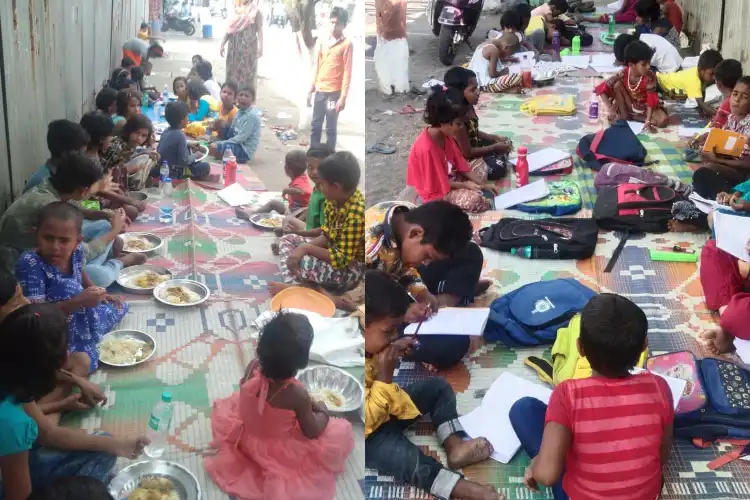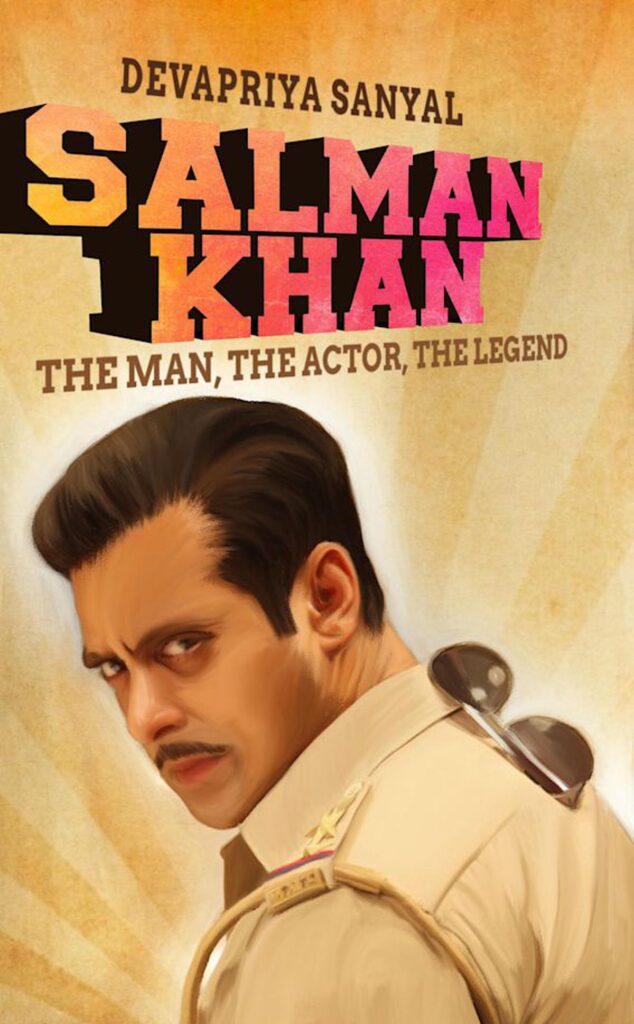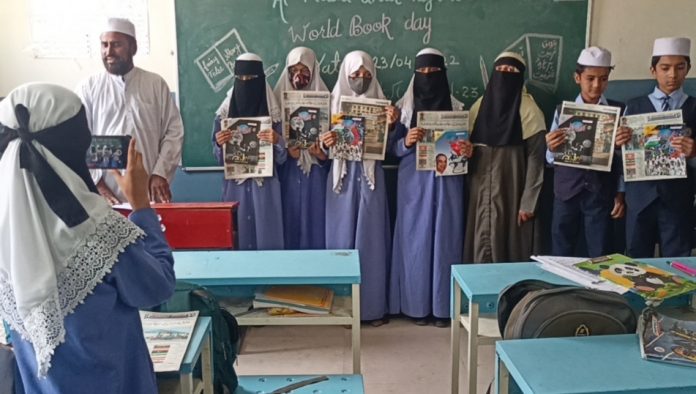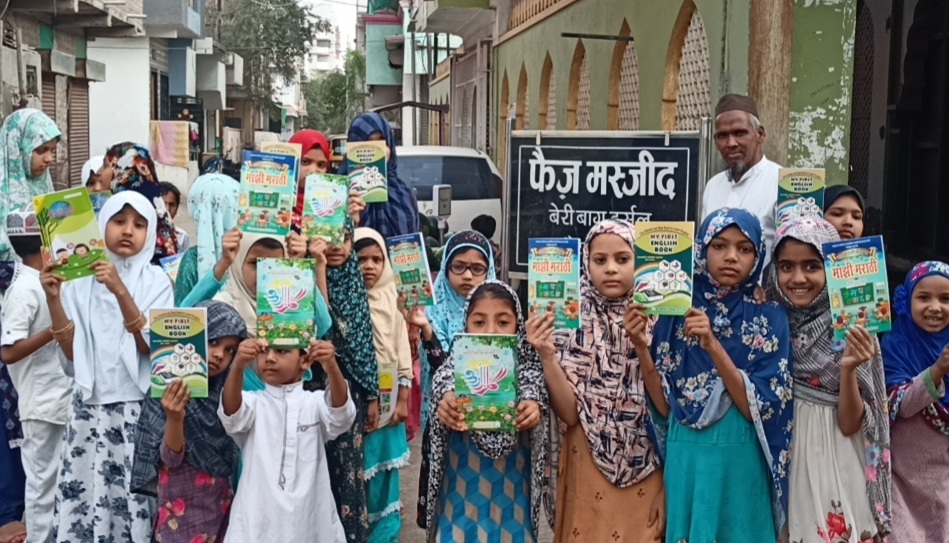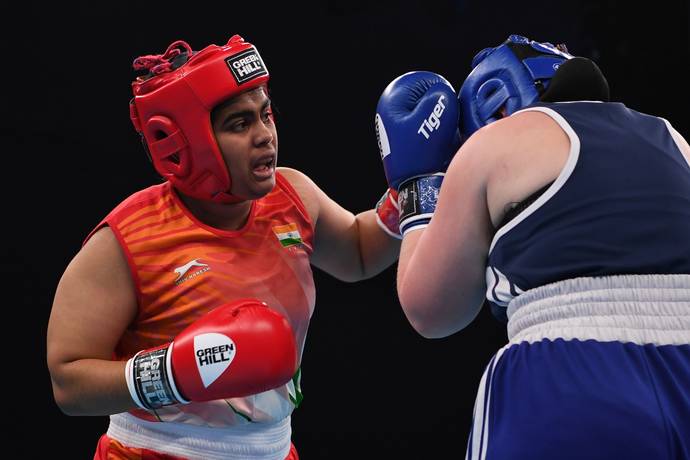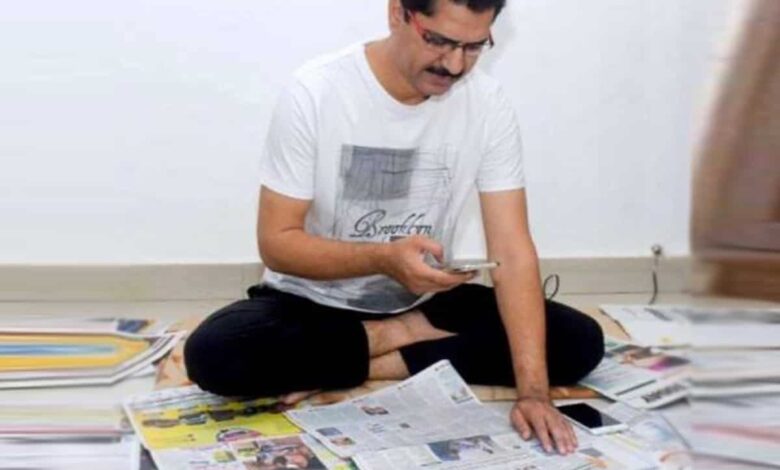Pune, MAHARASHTRA :
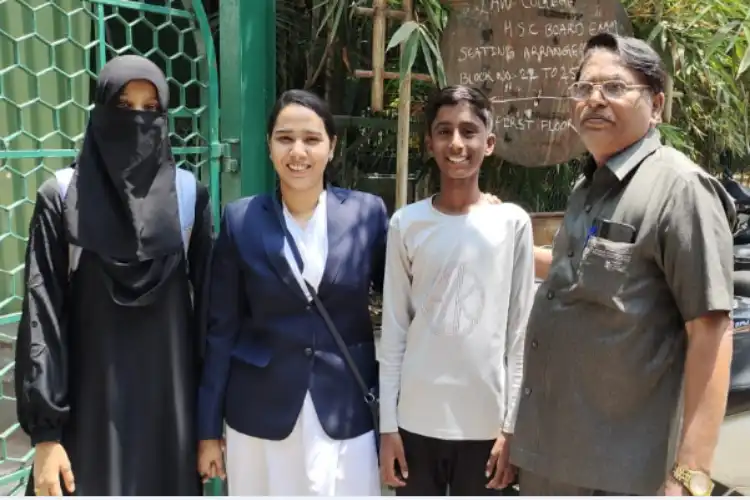
Come August and Shahnawaz Khan Pathan of Pune would join the training course for the First Class Judge. Her’s is an incredible journey from living with her family in a ten-by-ten space in Ghorpadi Pait Lohia Nagar slum settlement where she grew up and studied.
Shahnawaz Khan’s story proves that success is not achieved in a day and only one who has the determination to make it will succeed. Shahnawaz Khan Pathan is the third sibling among her four sisters and one brother. Their father Aman Khan Pathan manages the family with his earnings from a small grocery shop.
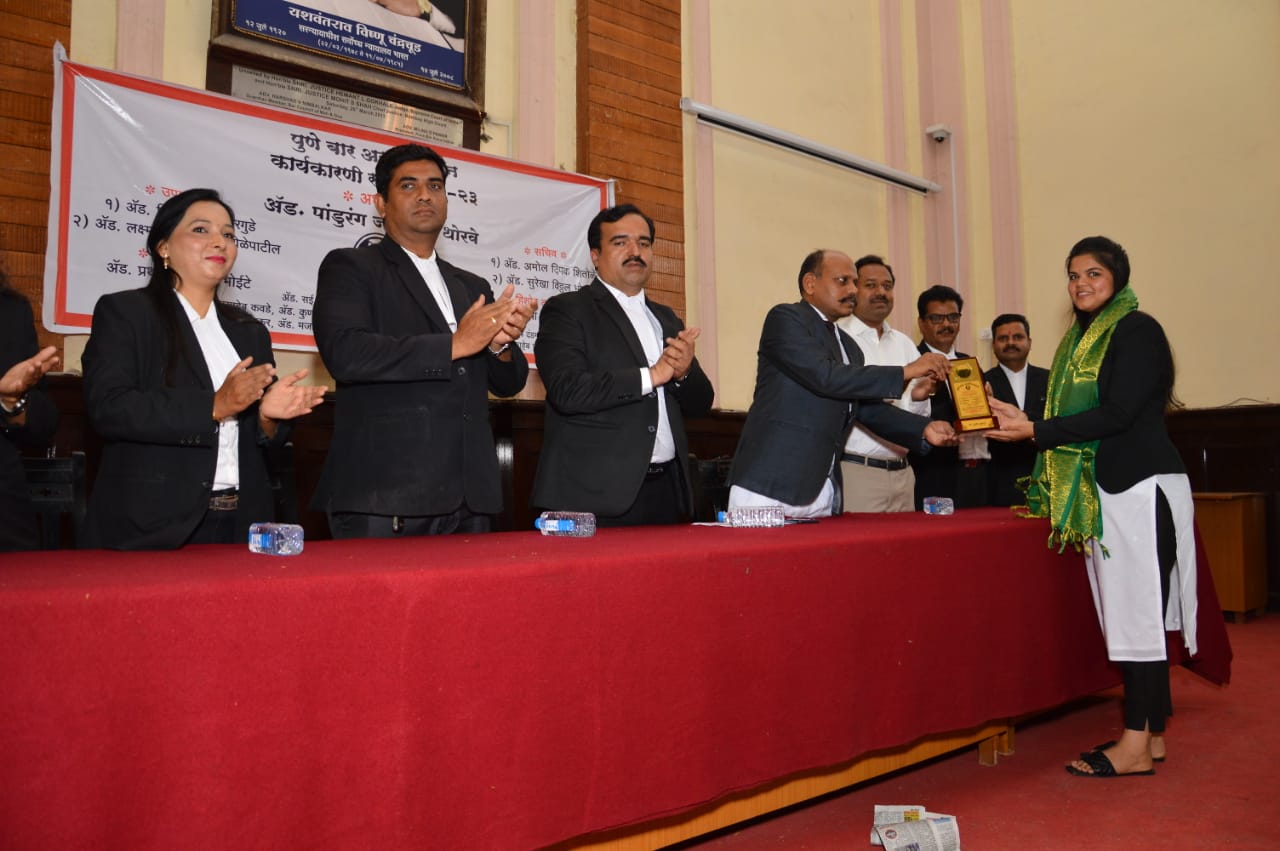
Despite Aman Khan’s low income, he tried his best to provide proper education to his children as a result all his children are educated.
Shahnawaz Khan Pathan’s success has her father happy and proud. Aman Khan Pathan says that due to the poor financial condition of his family, he was not able to study. Sumaiya not only made his dream come true and also made him a proud father who can tell the world that he is the father of Shahnawaz Khan Pathan.
Speaking with Awaz-the Voice, Aman Khan Pathan became emotional and said: “I am proud of Shahnawaz.”
Her mother Sugrabi Pathan wipes her tears of joy and says that her daughter was always very good in her studies from the very beginning. “We had high hopes from her and see she did it. I always pray for her success and success.”
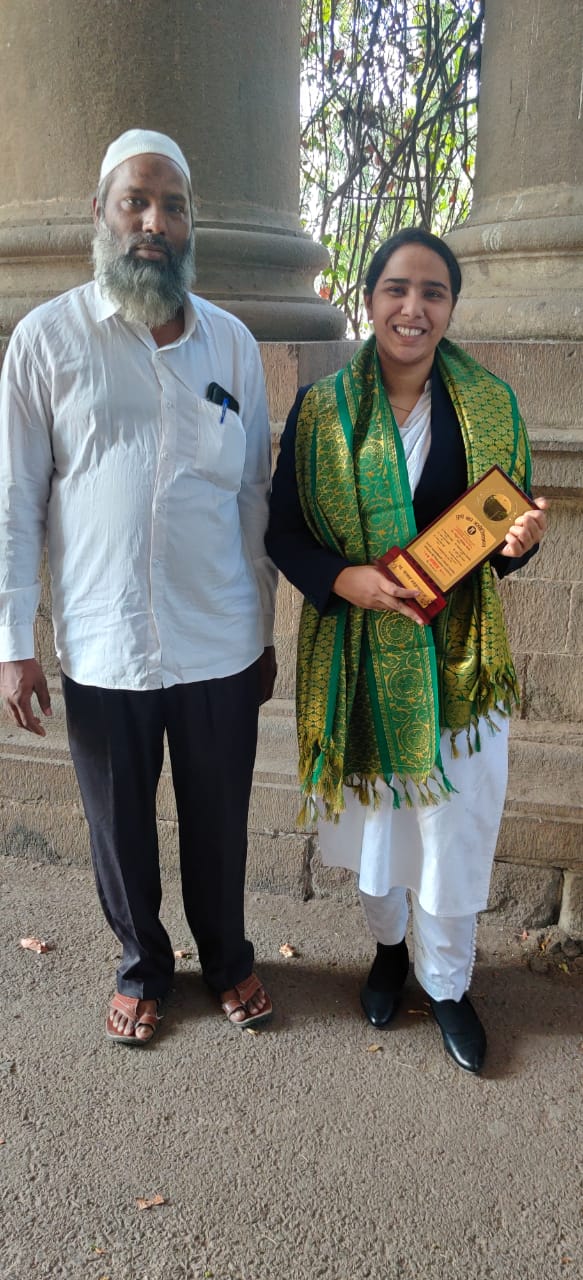
The family has lived all through in a small hut in the narrow streets of Lohia Nagar. There is hardly an environment conducive to studies.
However, Shahnawaz Khan Pathan worked hard and made history by becoming the first Muslim first-class judge of Pune.
Shahnawaz says that mere imagination does not lead to success. One needs to work hard to fulfill one’s dreams and achieve success.
On her family’s support, Shahnawaz says that her father was always there to guide her. “Even with his meager income, he made every effort to provide for me whenever I needed something.”
However, Shahnawaz has another hero in her life: her uncle Jia Khan Pathan, and his wife – whom she credits with encouraging her and filling her with hope and enthusiasm to keep moving.
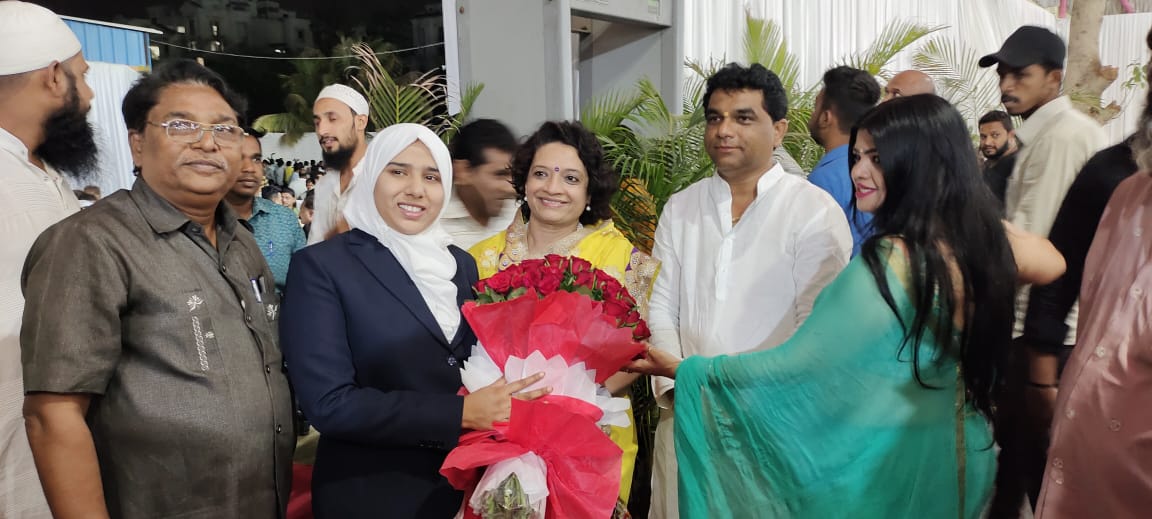
“From the first day till the JFMC interview, Uncleji was with me like my shadow. Whenever I had to go outside the city for writing an examination, my uncle and aunty would accompany me. He never left me alone. My mother and my entire family, friends, and neighbors all kept encouraging me.”
However, her failure to clear the Public service Commission conducted Maharashtra Judicial Services Examination in her first attempt in 2019 caused her disappointment. “At that time my father encouraged me and told me to try it again. I tried with renewed vigor and confidence and this time my name figured in the list of results declared in 2020,” she says.
Shahnawaz has studied at Maharishi Annasaheb Shinde, Zilla Parishad School. Today, when she is all set to become the first Muslim judge of Pune, Shahnawaz says she believes that “education is not preparation for life but education is life.”
She says she was always determined to not let the circumstances of her life become a hindrance in her path. It was only some time back that her family shifted to their new house in the Kondhwa area.
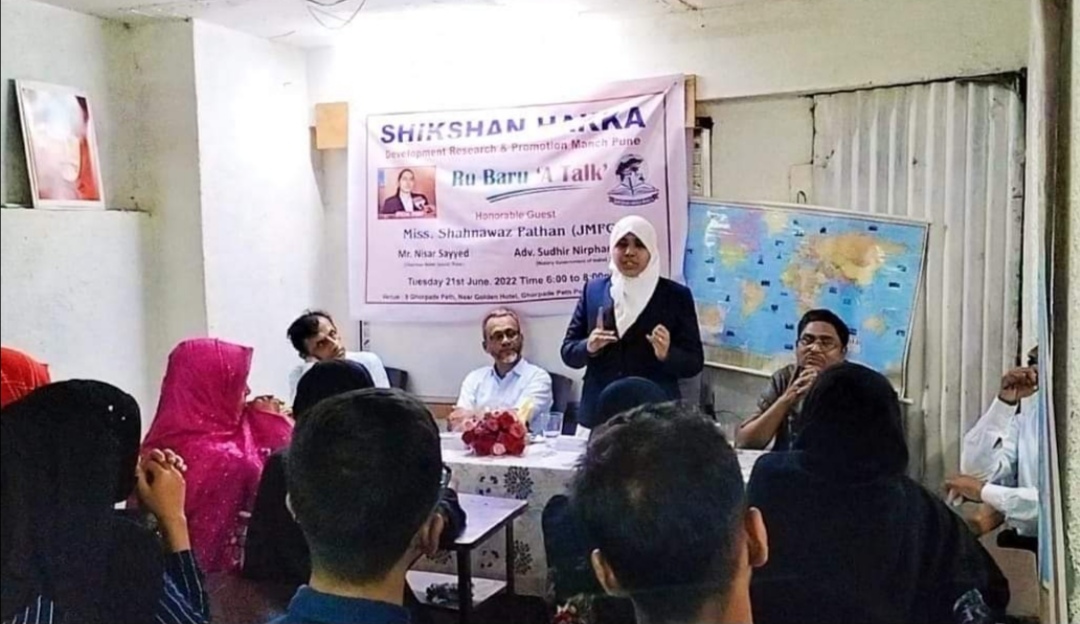
Shahnawaz was a practicing lawyer before becoming a civil judge-cum-judicial magistrate first class (JFMC). She married software developer Sunny Sayyed before on May 25 before the JFMC results were out. She lives with her husband in the Urudi Kanchan area of Pune.
As a legal professional Shahnawaz says that awareness campaigns should be launched to make common people aware of the legal options and legal aspects of life. Legal camps and street plays can be very helpful in this direction. She says that lack of proper information aggravates many problems.
Shahnawaz believes that a common citizen can become a force multiplier in the progress of the country by staying within the purview of the law for redressal of his grievances.
source: http://www.awazthevoice.in / Awaz, The Voice / Home> India / by Shahtaj Khan, Pune / July 14th, 2022
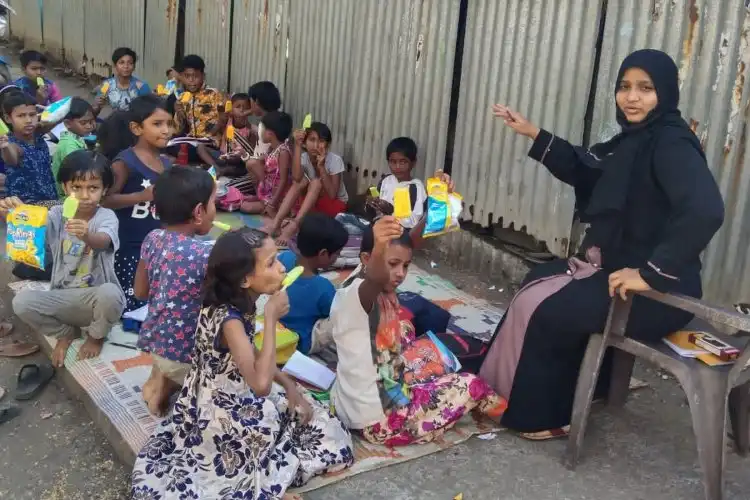
.webp)
